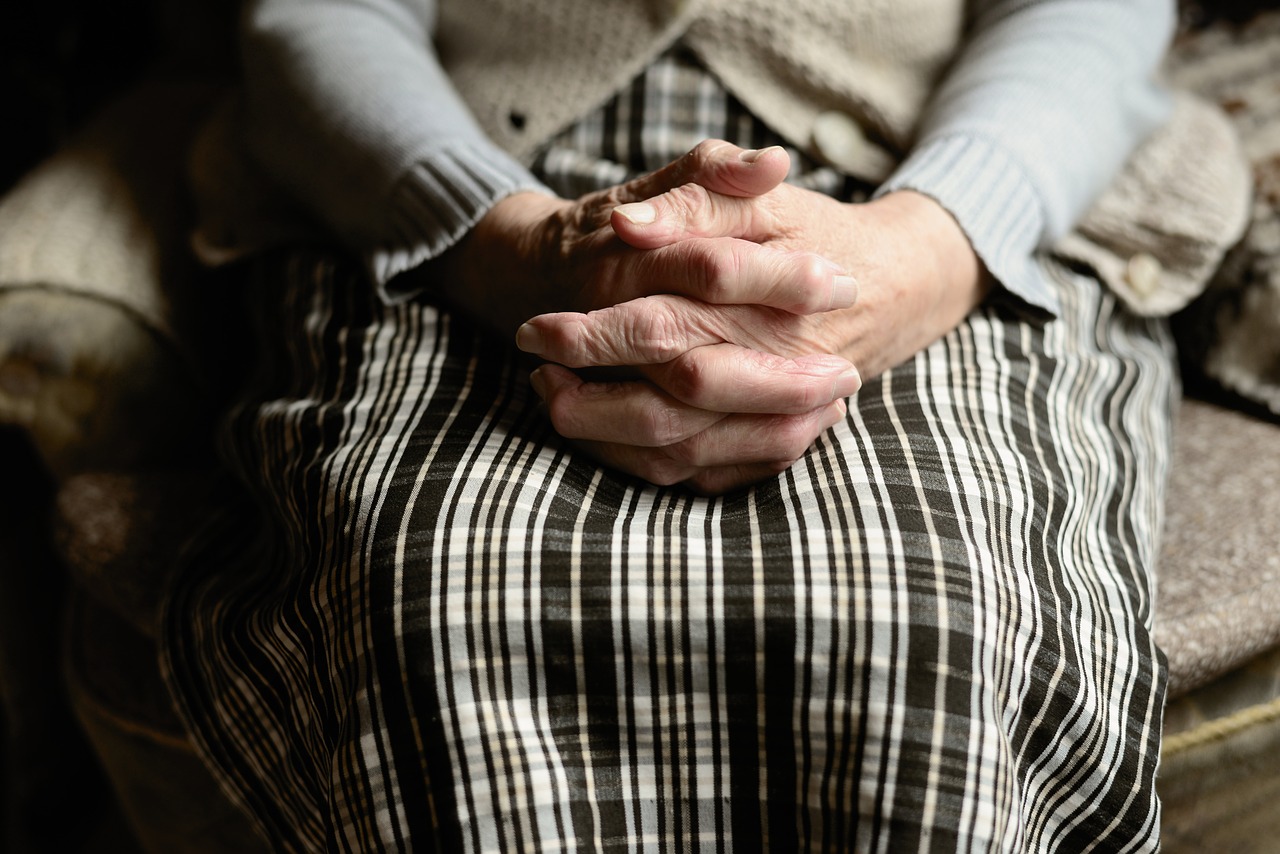Because the idea of forced separation of the elderly is an aberration

The idea of providing for the isolation or in any case the forced separation of the elderly is profoundly wrong both on a practical and constitutional level. The comment by Alessandra Servidori
The idea of providing for the isolation or in any case the forced separation of the elderly is profoundly wrong both on a practical and constitutional level. As our Constitutional Charter provides: “Individuals are equal without distinction of« personal and social conditions »” (art. 3 of the Constitution), therefore also of age.
Not all the elderly are frail and not all the frail are elderly. These in government have already massacred our Constitution several times and a law would still be needed to limit the freedom of movement "for health reasons" (Article 16 of the Constitution), as well as to impose preventive health treatment – isolation – on health protection purposes (Article 32 of the Constitution).
The statistics have a short and changing vitality if it is true that according to the ISS Covid circulates everywhere even if with different entities between region and region, then according to the various virologists and alleged experts present on TV and in all the newspapers, it varies daily.
Mortality is 11.8% but it is based on the positives we are sure of, they are mostly men, elderly people with previous serious pathologies and among the victims, women are only 30% (and this Pietro I consider a point in favor of my tendency to measure gender differences). There are fewer deaths between the ages of 20 and 29 but they are also increasing in the 50s.
This is a summary of the analysis on the situation of the virus in Italy, which is constantly changing both by the Istituto Superiore di Sanità and by other institutional sources with worrying bulletins.
And – dear Pietro Ichino – I also widely recognize anti-discrimination principles violated on the basis of our Constitution and the international directives implemented. We are actually witnessing an involution of the political discourse, so we must be very careful not to take for granted the goals that many of us had taken for granted in anti-discrimination matters, which make it possible to protect the individual against discrimination and at the same time it gives a message on plausibility, on the possibility of intervening in various situations and it is precisely in moments like these and in terms of health protection that it is necessary not to be discretionary.
Those responsible for discrimination can be private but it happens that they are also public bodies, public administrations and this is even more serious in some respects: the public body should guarantee hospitality and support and instead sometimes determines discrimination. It is a delicate point because in a period like this, that is, in a period of crisis, there is a strong temptation for some to highlight the conflicts or in any case the struggles between needs and the struggles between responses to these needs.
At a time when there is perhaps no answer for all needs, it is up to everyone to make choices. Choices that affect everyone: local authorities, businesses, the third sector, families, which are the four priority components of a territory.
When resources are scarce and fail to respond to all needs, the fight against discrimination – as well as the enhancement of equal opportunities, equal access, based on current regulations but also based on the responses that exist in the various territories – becomes a crucial point of the government action of the local authority. Government action that must aim at guaranteeing equal access and justice, alongside this careful cultural action.
The information and awareness of society is a fundamental tool for an effective fight against discrimination, and only by citing the main regulations, to make people think about the isolation of Italians over 65. Starting with the European Convention on the rights of Man (1950), as the Convention is binding for the states and it is possible for the private individual to activate the protections provided against his own state (art. 14). Continuing we find: the Treaty of Amsterdam (1997) Art. 13; the Nice Charter of 2000 (Fundamental Charter of Rights) Art. 21; Lisbon Treaty 2007 (Treaty on the Functioning of the European Union) Art. 10.
And again with regard to the effectiveness of protection, the prohibition of discrimination is sanctioned by article 13 of the ECHR which guarantees equal treatment in the enjoyment of the rights recognized in the Convention including age.
Not to mention that such a decision can even give rise to a class action, as there is then a new law on class action in Italy provided for by Legislative Decree no. 844 containing "Provisions on class action", definitively approved by Parliament in April 2019, introduces an organic discipline of class action in Book IV, new Title VIII-bis "On collective proceedings" (articles from 840- bis to 840-sexiesdecies) of the Code of Civil Procedure (Cpc).
The acquisition of binding legal value and the rank of primary law of the EU Charter of Fundamental Rights, which contains a title specifically dedicated to equality, has made it possible to strengthen the Union's action in the fight against discrimination by bringing back its core essential in the protection of the fundamental rights of the individual. On the other hand, the accession of the European Union to the European Convention for the Protection of Human Rights and Fundamental Freedoms, introduced by the Lisbon Treaty, in addition to posing delicate legal-institutional issues, is capable of influencing on anti-discrimination action by the Union and the Council of Europe.
Bodies together with the Court of Justice to which it would not seem dignified or useful to have recourse in the event of government assumptions of discriminatory measures against Italians and the elderly.
This is a machine translation from Italian language of a post published on Start Magazine at the URL https://www.startmag.it/sanita/perche-lidea-di-una-separazione-coatta-degli-anziani-e-unaberrazione/ on Mon, 02 Nov 2020 14:10:05 +0000.
